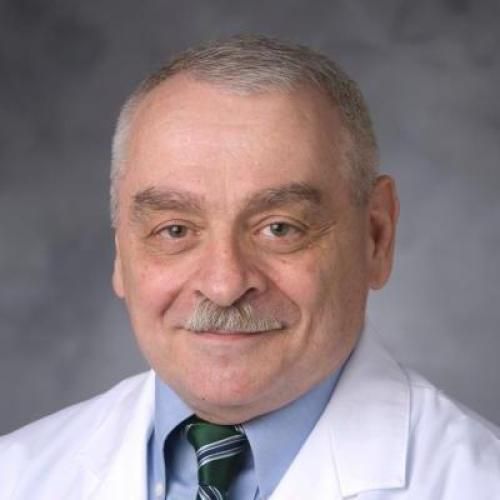
ABL kinase inhibition promotes lung regeneration through expansion of an SCGB1A1+ SPC+ cell population following bacterial pneumonia.
Current therapeutic interventions for the treatment of respiratory infections are hampered by the evolution of multidrug resistance in pathogens as well as the lack of effective cellular targets. Despite the identification of multiple region-specific lung progenitor cells, the identity of molecules that might be therapeutically targeted in response to infections to promote activation of progenitor cell types remains elusive. Here, we report that loss of Abl1 specifically in SCGB1A1-expressing cells leads to a significant increase in the proliferation and differentiation of bronchiolar epithelial cells, resulting in dramatic expansion of an SCGB1A1+ airway cell population that coexpresses SPC, a marker for type II alveolar cells that promotes alveolar regeneration following bacterial pneumonia. Furthermore, treatment with an Abl-specific allosteric inhibitor enhanced regeneration of the alveolar epithelium and promoted accelerated recovery of mice following pneumonia. These data reveal a potential actionable target that may be exploited for efficient recovery after pathogen-induced infections.
Duke Scholars
Published In
DOI
EISSN
Publication Date
Volume
Issue
Start / End Page
Location
Related Subject Headings
- Uteroglobin
- Stem Cells
- Respiratory Mucosa
- Regeneration
- Pulmonary Alveoli
- Proto-Oncogene Proteins c-abl
- Pneumonia, Bacterial
- Mice, Inbred C57BL
- Mice
- Male
Citation

Published In
DOI
EISSN
Publication Date
Volume
Issue
Start / End Page
Location
Related Subject Headings
- Uteroglobin
- Stem Cells
- Respiratory Mucosa
- Regeneration
- Pulmonary Alveoli
- Proto-Oncogene Proteins c-abl
- Pneumonia, Bacterial
- Mice, Inbred C57BL
- Mice
- Male




